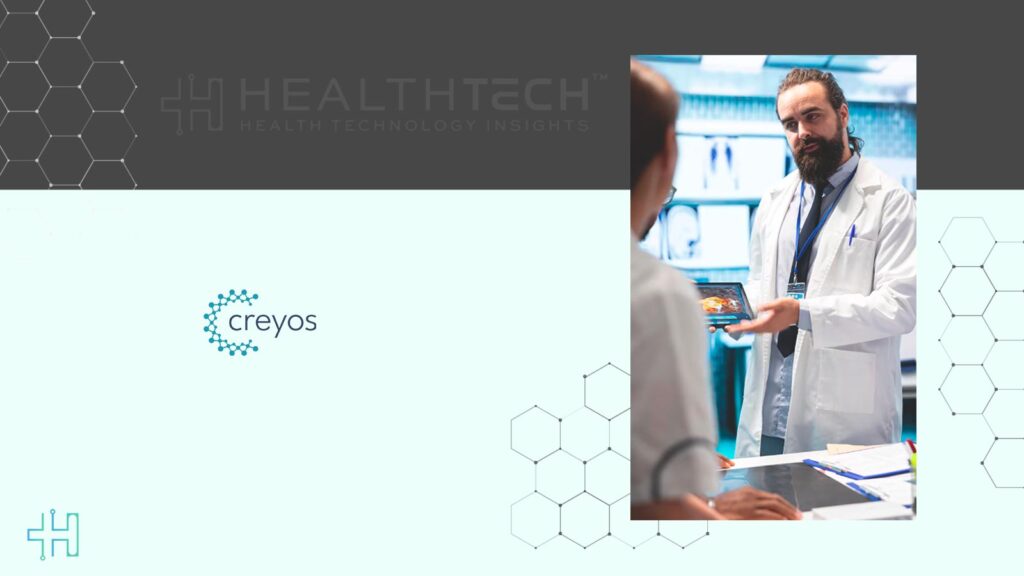Creyos, a digital platform that helps improve how cognitive health is evaluated in clinical settings, has made improvements to its Session Notes feature. This update supports standardized methods used to assess cognitive function in conditions like dementia. The updated Session Notes help doctors turn the results of cognitive tests and screenings into clear, organized clinical records that are useful and easy to add to electronic health records. Each note takes key information from a patient’s cognitive test and creates a structured, editable summary that can be reviewed and inserted into EHRs quickly. This helps speed up documentation, supports better decision-making, and makes it easier to plan next steps in patient care.
Health Technology Insights: Delta Development Closes Series A3, Leads Prehospital Blood
This improvement comes at a time when the U.S. population is getting older, which is making dementia-related problems more common. Primary care doctors are under more pressure to find signs of cognitive decline early and to meet requirements for cognitive screenings during Medicare Annual Wellness Visits. However, many doctors don’t have the right tools or enough time to do this effectively. New payment models reward early and accurate detection, but there aren’t enough specialists, putting more responsibility on primary care doctors. Without good tools, delays in diagnosing, missing treatment chances, and prolonged uncertainty for patients are still common.
Health Technology Insights: OrbiMed Raises $1.86 Billion for Healthcare Royalty and Credit Fund V
Faraz Shafaghi, Chief Product Officer at Creyos, explained, “We expanded our Session Notes feature because we heard from primary care teams. They are dealing with short visit times and growing concerns about cognitive health but don’t have an easy way to keep track of everything. We created this feature to help providers turn cognitive data into actions they can take immediately. It gives doctors helpful support and is a big step forward in making brain health part of everyday care in primary settings.”
Dr. Anthony Zizza, a geriatrician and dementia specialist who reviewed Session Notes, added, “Checking cognitive health in people 65 and older is key for early detection and timely help. When doctors spot issues early, they can give personalized care, connect patients with the right support, and help them stay independent and enjoy a better quality of life. But primary care teams are already very busy, so tools that also help with team-based workflows are essential to make sure cognitive health isn’t overlooked in a busy clinical setting.”
Creyos was created using decades of neuroscience research and is used in neurology, mental health, and senior care to detect and monitor conditions that affect thinking and behavior. The platform is based on the research of Professor Adrian Owen, its Chief Scientific Officer and co-founder, whose work has changed how the medical community understands cognition, consciousness, and early cognitive decline. With testing across different groups and uses—from dementia screening in elder care to mental health assessments—Creyos keeps improving and staying aligned with real-world clinical needs.
Health Technology Insights: Delta Development Closes Series A3, Leads Prehospital Blood
To participate in our interviews, please write to our HealthTech Media Room at sudipto@dmintentamplify-com








